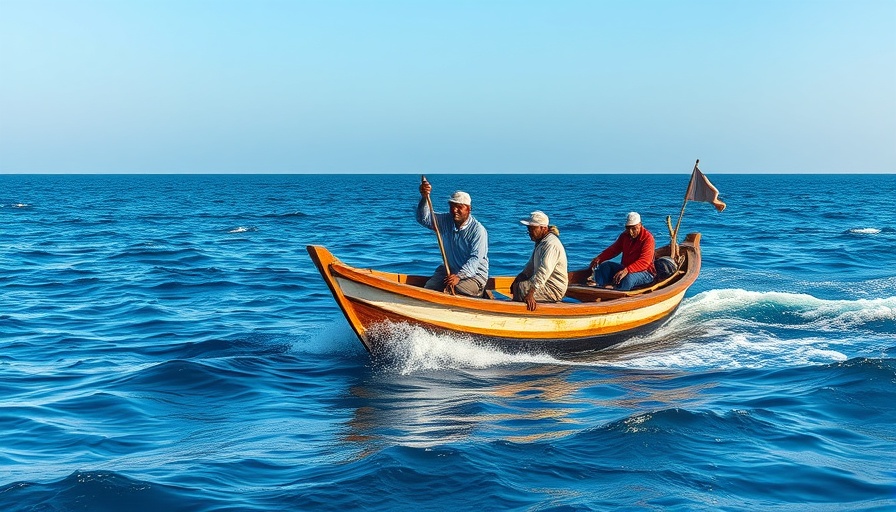
The Battle for Marine Life
The Philippine archipelago, known for its stunning biodiversity, is currently witnessing a concerning trend that threatens the livelihoods of its local fishing communities and the health of its coastal ecosystems. Recent judicial decisions have opened up municipal waters to industrial fishing practices, raising alarms among environmentalists, local fishers, and even government officials. This alarming shift not only jeopardizes the fish stocks in these waters but also risks the survival of many local households who depend on fishing.
A Struggle for Survival
For years, small-scale fishers like Rommel Escarial have relied on sustainable fishing practices—such as hand-lining and bamboo fish corrals—to provide for their families. However, they face an uphill battle against large commercial vessels that dominate the seas with their advanced technology and capacity. As Escarial poignantly states, "Once commercial fishing vessels enter our area, there will come a time when we will no longer be able to catch any fish." This sentiment is echoed by numerous communities along the coasts, highlighting a growing concern over the potential extinction of local practices in favor of industrial overfishing.
Impact on Marine Biodiversity
Marine biologist Jerwin Baure has voiced significant concerns regarding the ecological implications of such changes. The entry of commercial fishers, known for harmful practices like trawling that indiscriminately catch all marine life—including juvenile fish and other vulnerable species—could severely impact not just the fish stocks but also the delicate marine ecosystems that foster biodiversity. According to Baure, if restrictions on commercial fishing in municipal waters are lifted, it could lead to catastrophic declines in fisheries production, an alarming thought considering fisheries production already fell by 5% last year.
Legal and Social Ramifications
Despite mounting pressure from various stakeholders, including mayors and environmental groups, the recent Supreme Court ruling effaces previous protections granted to municipal fishing zones. This ruling threatens to displace two million fishers who currently rely on these protected waters. The ongoing appeals process reflects a critical dialogue about how best to balance ecological integrity and the economic needs of local communities.
Encouraging Sustainable Practices
Promoting sustainable fishing practices is essential not only for fish stocks but also for the communities that depend on them. Sustainable agriculture, which mirrors some of the principles upheld by small-scale fishers, could introduce methods that emphasize harmony with the environment. As discussions about fisheries management unfold, solutions focusing on responsible consumption and community-led conservation initiatives are gaining traction. These could include establishing marine protected areas and implementing stricter regulations on where industrial fishing can occur.
Community Resilience in the Face of Adversity
Historically, Filipino fishers have demonstrated remarkable resilience, adapting to changing conditions while fighting to maintain their ways of life. Engaging in eco-friendly practices can offer not only a means of survival but also a path toward restoring marine health. Moreover, focusing on sustainability initiatives could ultimately benefit the fishing communities by providing alternative livelihoods through regenerative tourism or workshops centered on sustainable practices.
The Way Forward: A Unified Call to Action
As the Philippines confronts this critical moment, the confluence of community voices, scientific evidence, and legal advocacy presents a unique opportunity to address the challenges posed by industrial fishing. By layering local knowledge with ecological principles, advocates can spur a movement toward sustainable fisheries management that protects both marine biodiversity and the livelihoods intertwined with it. Indeed, as the dialogue continues, the integration of sustainable practices, ethical consumerism, and environmental stewardship becomes paramount for safeguarding the waters that sustain families and communities.
Act Now for a Sustainable Future
If you care about the future of our oceans and the communities that depend on them, consider supporting sustainable seafood initiatives and advocating for responsible fishing practices. Together, we can create lasting change that honors both our natural resources and the people whose lives are intertwined with them.
 Add Row
Add Row  Add
Add 



Write A Comment